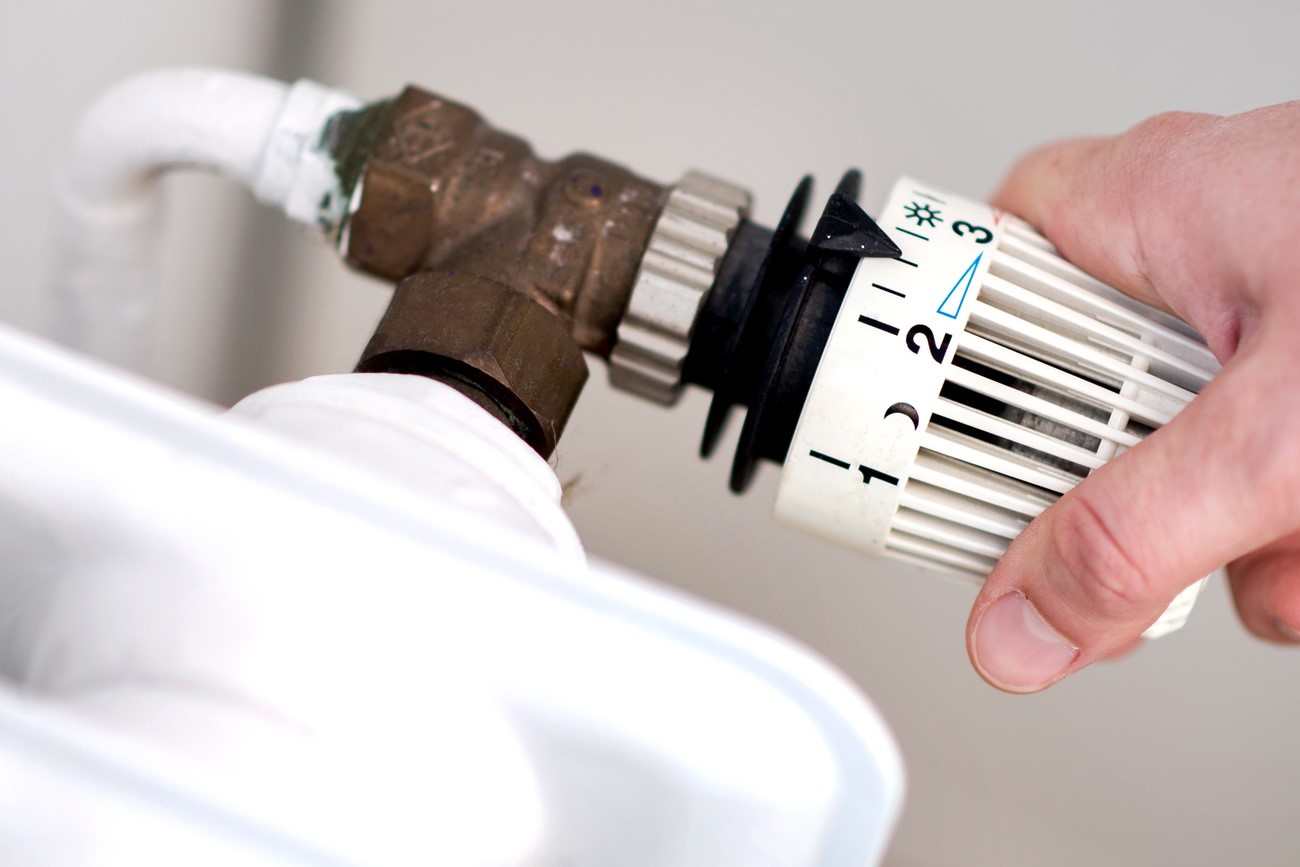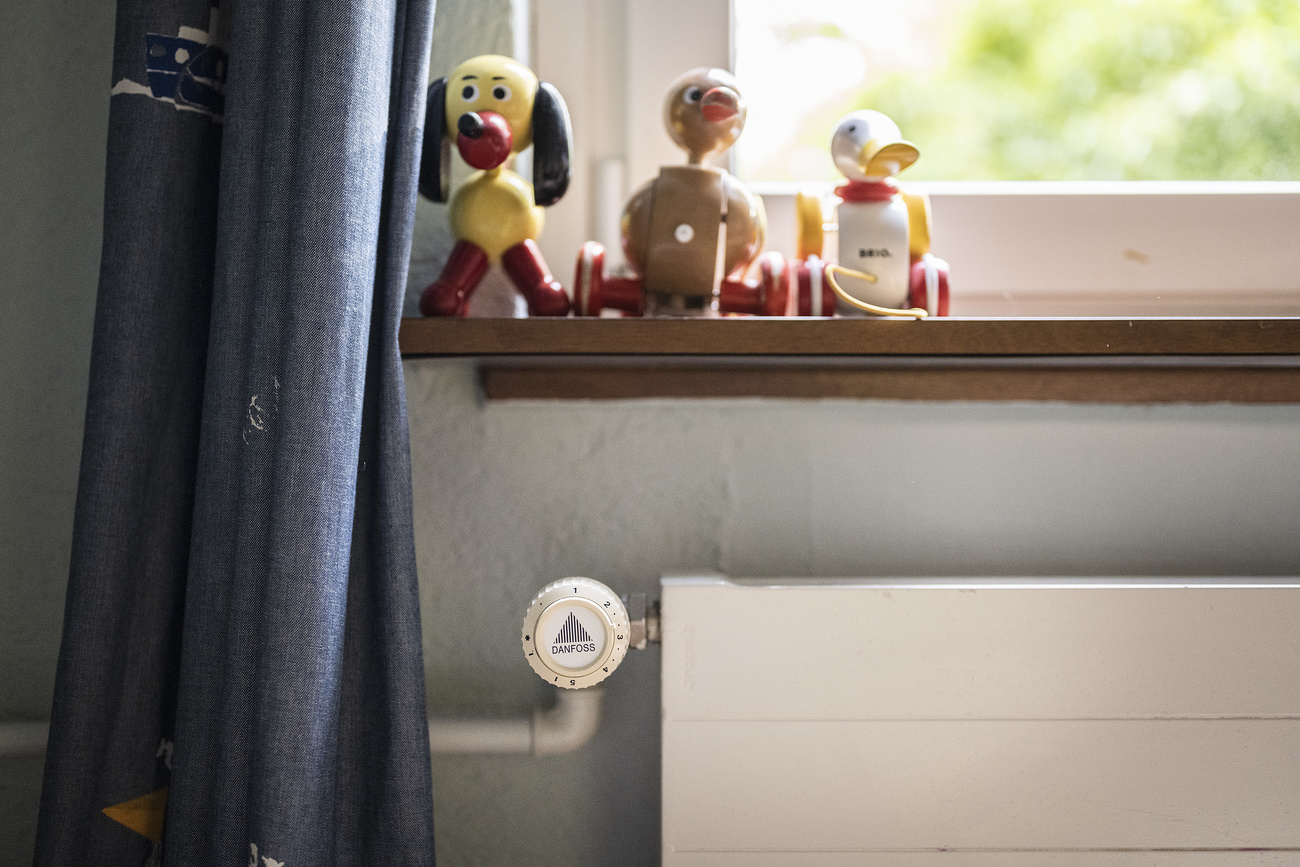
Poll: half of Swiss population ready to save energy

Half of Swiss residents are willing to take energy-saving measures, a survey shows. Over one-third of respondents said they were concerned by the security of Swiss energy supplies.
Europe is grappling with an energy crisis stemming from Russia’s war on Ukraine.
The poll by the Link Institute published on Thursday found that only 5% of those questioned were reluctant to save energy if requested by the authorities. Women were slightly more willing to turn down the heat or turn off a light than men, the pollster said.
Many people are already saving electricity by taking a shower instead of a bath, switching off electric appliances and turning down the temperature at home, the survey found. Two out of five people said they had chosen to take showers instead of baths to save energy, while 28% said they would do so if there was an actual energy shortage.
The majority of the 1,136 people who took part in the poll want to further develop renewable energy sources. Three-quarters were in favour of building large-scale solar installations and almost 60% would like to see new dams and hydroelectric power stations. Switzerland currently generates 61.5% of its electricity from hydropower.

More
Switzerland braces for winter energy crunch
The Swiss authorities are scrambling to prepare for possible energy shortages in the coming months. In August, the government launched a campaign encouraging the population not to waste energy amid the expected energy crunch linked to reduced supplies of oil and gas from Russia in the wake of its war in Ukraine. Consumers have been advised to take measures such as lowering the thermostat, covering pots and pans while cooking, and turning off lights and appliances when not in use.
Last month, the government also introduced a voluntary gas savings scheme in a bid to reduce demand from households and industry by 15%. Measures are in place to boost water reserves at hydropower plants and to increase gas storage facilities.. The government is also forming a special unit to respond to possible energy shortages, Economics Minister Guy Parmelin confirmed on Sunday.

More
Fact check: will the Swiss be jailed for heating their homes above 19°C?

In compliance with the JTI standards
More: SWI swissinfo.ch certified by the Journalism Trust Initiative






























You can find an overview of ongoing debates with our journalists here . Please join us!
If you want to start a conversation about a topic raised in this article or want to report factual errors, email us at english@swissinfo.ch.